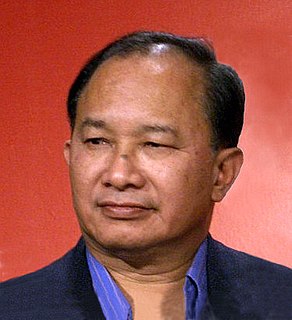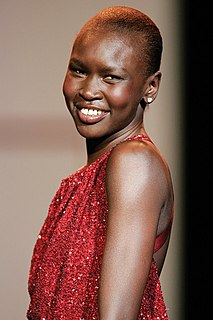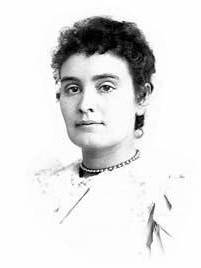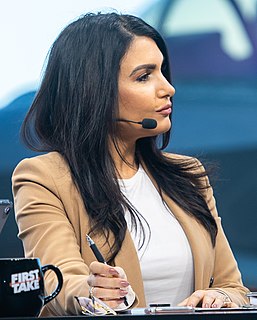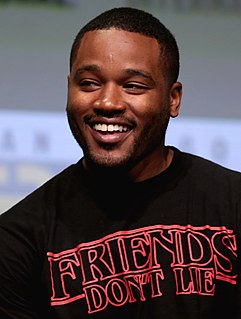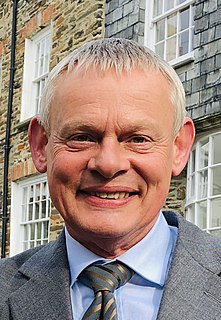A Quote by Julie Sweet
My parents believed in the American dream and the power of education, but didn't have the money to send me to college. I realized early on that I needed to go against the flow and be better than everyone else to support my family.
Related Quotes
I grew up with a single pair of shoes until I grew into the next size. My parents believed in the American dream and the power of education but didn't have the money to send me to college. I realized early on that I needed to go against the flow and be better than everyone else to support my family.
In my country, families are raised as though they are one. Although I am from the Dinka tribe, my parents didn't raise us as the Dinka tribe. They raised us as the Wek family, in the way they believed their children should grow up. So when you leave, the first thing you think is the ones you left behind. It's natural to help them in any way you can. I found a way to support myself rather than asking my Mum to give me money. I would work before school and send money back to pay for their rent and food.
Before playing football, I didn't fit in anywhere. My parents didn't have a lot of money, which they spent on our education to send us to Catholic private school in Oakland, mostly black. The other kids had more money than I did. I started school early; I was young. So I'd come back to my hood and read.
My rebellion was telling my dad, "No, you're wrong, you don't know what's best for me. I'm not gonna waste my time in college." You know the story. He thought he was an abject failure 'cause he didn't convince me to go to college. I didn't rebel against my dad's economic status. I didn't rebel against what I thought were old-fashioned, archaic moral values. I didn't rebel by going out and wrecking the car and getting drunk and being irresponsible. I rebelled against their assumption they knew better than I did, what I wanted, and what I needed.
The American dream is about achieving happiness. When you become a fire fighter, a police officer or a teacher or a nurse, you know you're not going to become a billionaire. And what my parents achieved working as a bartender and a maid at a hotel after arriving here with nothing, no education, no money. The first words my dad learned in English where I'm looking for a job.You know what my parents achieved? They owned a home in a safe and stable neighborhood. They retired with dignity and they left all four of their children better off than themselves.
I love the book signings, you know, because I get to talk to real people, and a staggering number of people have said something very specific to me. "The Family Leave Law saved my family," or "Made our lives better," or, "The education aid that you provided made it possible for me to go to college." One man at 50 years of age got his college degree.
If the goal is to dramatically improve college completion rates, not college-going rates by itself but college completion, it's not just a college problem. We need a big focus on early childhood education. Our early childhood education system is pretty good in this country. Not enough students have opportunity. And, very discouragingly, they lose their advantage because they go to poor schools after that. So, let's focus on our babies.

